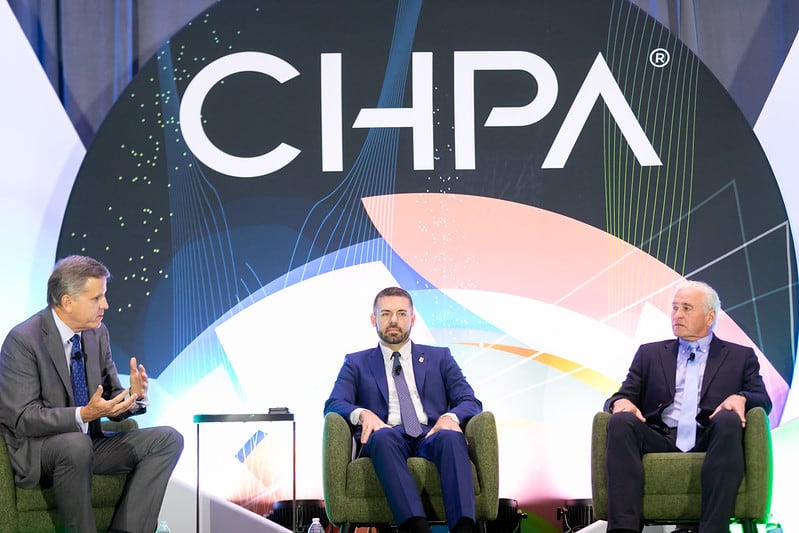Just shy of two years ago, California Governor Gavin Newsom (D) signed AB 899 into law. Beginning Jan. 1, 2025, the bill established that any baby food products sold or made in California would require testing for specific toxic elements. The bill gave baby food manufacturers a year to prepare for compliance.
Initially, CA AB 899 was thought to only impact baby food sold in California that is marketed for children under two. However, over a year after the bill was signed into law, the California Department of Health (CDPH) clarified that the bill included dietary supplements, leaving nutraceutical brands scrambling for guidance on how to implement the new requirements in a matter of weeks. Now, lawmakers are reversing their stance.
One year ago, industry trades sought clarification from the CDPH on whether the bill actually applied to dietary supplements, as multiple organizations reported that they were told that was not the original intent of the bill’s authors. The efforts proved frustrating, with little to no communication from CDPH, and trades were left unsure of how to properly advise companies without any guidance. With the bill going into effect Jan. 1, 2025, stakeholders spent much of their holiday break searching for answers but to no avail.
CDHP doubles down
On Jan. 14, NutraIngredients reached out to CDHP’s Communication Department to see whether there were any changes to who the bill would impact. The communications department responded by saying:
“Dietary supplements are considered food. Therefore, manufacturers of dietary supplements for children 2 years and younger must comply with the provisions and due dates of AB 899. Additionally, manufacturers must comply with other applicable regulatory requirements for dietary supplements (e.g., 21 CFR Part 111 for dietary supplement products). Please see AB 899 FAQ page for more information.”
Regulatory overreach halted
With the enactment of SB 862, clarifying language explicitly excludes dietary supplements from the definition of “baby food.” Signed by Governor Newsom on Oct. 1, 2025, the legislation confirms that dietary supplements are not subject to the state’s baby food testing and labeling requirements established under AB 899.
“Dietary supplements have their own testing requirements and will be subjected to dietary supplement provisions adopted under Sherman Food, Drug, and Cosmetic Laws (HSC 110105),“ a spokesperson for the CDHP told NutraIngredients. ”This still allows CDPH to ensure public health and safety.”
CRN has been engaging with California lawmakers, including Assemblymember Al Muratsuchi, the author of AB 899, to confirm that supplements were never intended to fall within the law’s scope.
“California policymakers recognized what we have said all along: Dietary supplements are distinct from baby food and should not be subject to duplicative and inappropriate testing requirements,” said Steve Mister, president & CEO of CRN. “This clarification ensures that consumers continue to have access to safe, beneficial supplement products for their families without unnecessary regulatory confusion.”
Mister added that the outcome demonstrates the value of proactive, persistent advocacy on behalf of the dietary supplement industry.
“By engaging directly with lawmakers and regulators, CRN protected both consumers and responsible companies from regulatory overreach,” he said.



